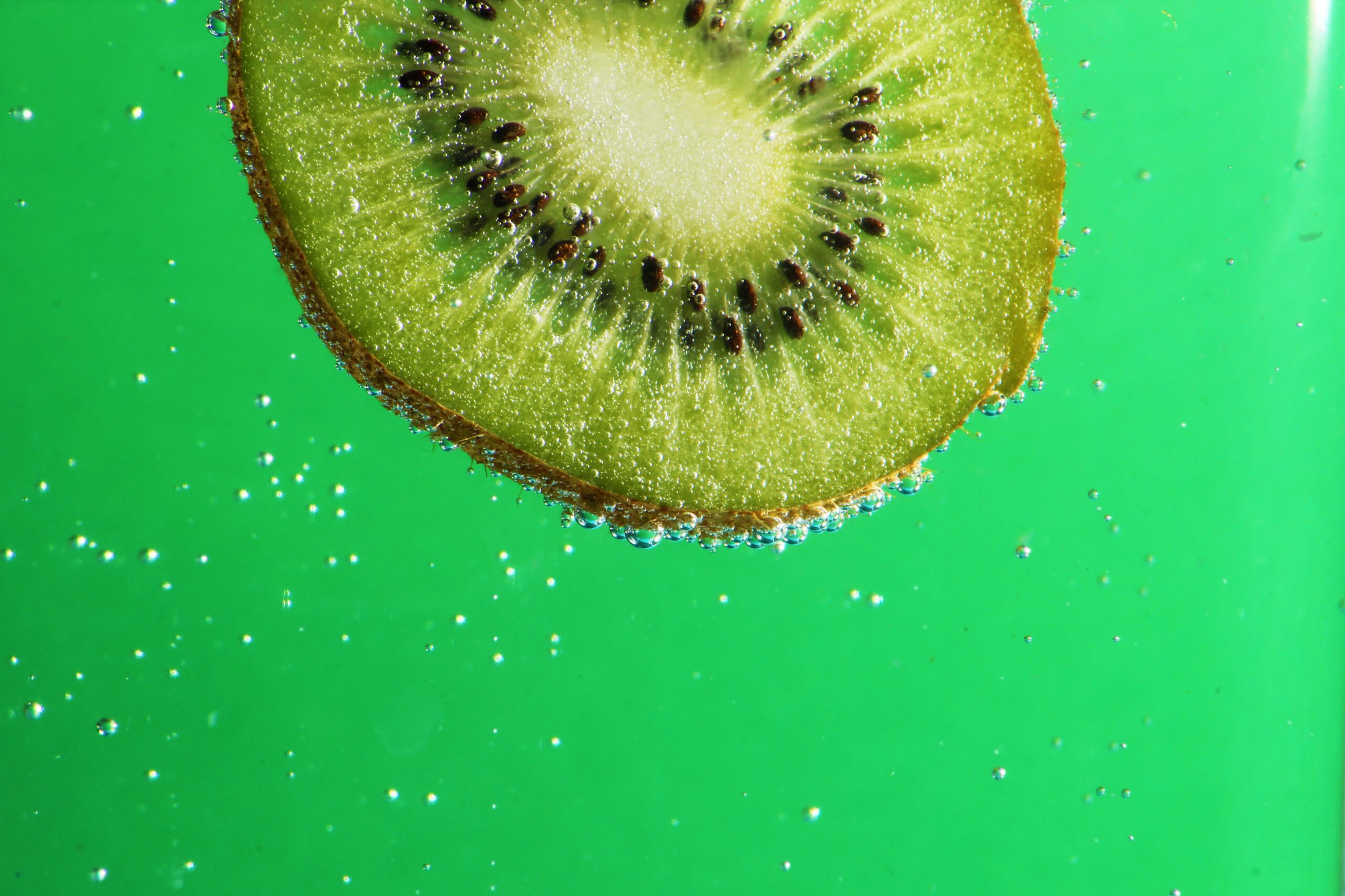Stress and Anxiety: Holidays-Induced? Or Are You Vitamin Deficient?
What do you do when anxiety takes over? What do you reach for? How well does it work? The key to quelling a panic attack may not be what you think. A new study links anxiety to vitamin deficiency.
Could this pertain to your own anxious spells? Well, let’s talk about a time that is meant to be overflowing with joy but triggers anxiety in many of us instead. A time that has become so customarily charged with stress that movies or conversations aren’t relatable without discussing inevitable fits of panic and meltdowns: the holidays.
The holidays are an electric time full of twinkly things, gift wrap, booze, and stormy road trips or delayed flights to visit family. It’s a cocktail that’s part warm fuzzies and part system overload.
Is your head nodding along right now?
This cocktail can pour itself a tall one around other supercharged moments throughout the year, too, like midterms (elections and school papers alike), wedding season, moving homes, or even in the day-to-day work life. We’ve become skilled at setting ourselves up with short fuses just by thinking about these occasions.
Sound familiar?
Have you noticed an increase in anxiety around such times? Maybe you’ve even experienced a panic attack. Statistics say that around 40 million adults in just the US experience anxiety. Basically, since you’re a human in this day and age, you probably know what anxiety feels like. It can look like an increased heart rate, difficulty concentrating, uncontrollable worry, depression…
In a word, anxiety is crippling.
The most common fast fixes to anxiety around these times of high stress tend to be sugary and processed foods, a large glass of wine or a bowl of spiked eggnog, or maybe you’re among the 35 million who squeeze in a yoga class or meditation session. The relaxation from these remedies don’t always last for a lot of us, especially when the next stressful situation hits. Or when the reason for your anxiety has yet to be truly addressed.
I have a question for you.
What if I told you that anxiety, even panic attacks, don’t point solely to intense circumstances or events? It’s easy to point your finger at a relative’s political rant or a traffic jam or a million paper cuts from wrapping impossibly shaped presents. But these could be just the tip of the iceberg.
And in Functional Medicine, we don’t improve our health by addressing what’s on the surface alone – we find and address the root cause.
A new root cause for anxiety and panic attacks has been discovered. With it, a wonderfully simple solution that could help your body and mind function in a calm state that lasts, even during times of stress. The suggested solution? Add two little things to you daily routine.
I’m not referring to meditation, yoga, petting every dog and cat you see on the sidewalk, or exercise. We already know the strong impact of those actions (if you don’t, I recommend trying one or all of them! Just remember to ask the animal’s owner before your impromptu street-side cuddle puddle).
This tactic is different. And it just might be the one you’ve been searching for.
The results of new research have connected anxiety and panic attacks with vitamin deficiencies. A study in Japan found two vitamins, in particular, to be deficient in subjects with anxiety: vitamin B6 and iron.
According to the study’s findings, low levels of vitamin B6 and iron may actually trigger the chemical changes in the brain responsible for panic attacks, hyperventilation and other forms of anxiety.
Forty-one participants were split into a control group and a variable group. The 21 participants in the variable group all claimed to experience panic attack and anxiety episodes that ranged from manageable on their own to urgent trips to the emergency room. After testing for abnormalities and nutritional deficiencies in both groups, the 21 anxious participants showed notably lower levels of vitamin B6 and iron.
This may seem trivial, but these two vitamins play integral roles in the creation of serotonin, the “happiness chemical”. So, less B6 and iron means the body has a harder time creating and synthesizing serotonin.
This is news worth sharing because it offers a natural way to fix symptoms of such debilitating disorders instead of treating them with the side effects and long-term dosage rollercoasters of antidepressants and other prescription drugs. Think about it…
So, where do you come into this picture? Is your anxiety related to these vitamin deficiencies?
Imagine how much more enjoyable the holidays and other usually stressful situations could be if you set your body up in a calm, balanced state. If you applied preventative, natural measures instead of reactive measures with side effects.
If you’re ready to dive in and rebalance your health, or you’d rather dip your toe in before going for a cannonball, I’m here for you. You, lady with the big, bold dreams, do not need to be one of the 40 million stressed out Americans.
Bonus! Here are a few other mood boosters to try:
1. The most relaxing music for your brain:=
The UK’s Mindlab International conducted a study to find the most relaxing music for the brain, meaning the audio waves that bring your own brain into its most relaxed waves. Their result: “Weightless” by Marconi Union. Created by musicians and sound therapists, this song lowered their test subject’s anxiety by 65% and their physiological resting rates by 35%.
For your next commute or bubble bath, here’s the 8-minute version and here’s the 10-hour version.
2. Adrenal Stress Support Pack:
I’ve laid out four supplements that I suggest most often to my clients with adrenal fatigue (including ashwagandha, one of my favorite stress adaptogens of all time). See the list here.
A few other botanicals I recommend are American ginseng, rhodiola, passionflower, valerian, GABA, melatonin, and 5-HTP. Your body may need one and not another, so I’ll help you select the ones your body needs and their ideal dosages.
3. The 4-7-8 Breathing Exercise:
Here’s how it works: Exhale through your mouth for the count of 4, inhale through your nose for the count of 7, then exhale through your mouth for the count of 8.
Repeat this 3-part breath for a few rounds or more. If the counts feel too high, start with a smaller set of numbers and work up to this set.
Holding your breath in circulates more oxygen through your body and causes a relaxing effect, and lengthening your exhales calms your nervous system. You may even try imagining holding in all your stress as you hold your breath in, then letting it all go as you breathe out.
As a loving reminder, any amount of stress or anxiety deserves to be addressed. Reach out for support to your safe person and/or a medical professional so you don’t have to process it alone.
What’s your happy-vitamin experience? Have you found yourself to be more or less calm in proportion to the supplements you were or were not taking? Let’s chat about it in the comments below!



